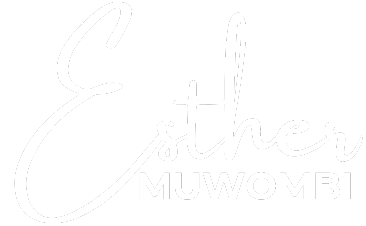In an era saturated with breaking news and viral headlines, empathy often gets overlooked in the pursuit of immediacy. But empathy is the soul of meaningful journalism. It’s what turns a report into a story and a statistic into a person. For journalists like Ester Muwombi, empathy isn’t just a personal value—it’s a professional asset that shapes responsible and impactful storytelling.
1. What Is Empathy in Journalism?
Empathy in journalism means the ability to understand and share the feelings of the people you report on—without losing objectivity. It’s about listening deeply, telling stories with dignity, and recognizing that behind every headline is a human being.
This doesn’t mean sacrificing accuracy or taking sides—it means reporting with humanity.
2. Why Empathy Strengthens Storytelling
Empathetic reporting builds trust with sources, encourages openness, and results in richer, more nuanced stories. When subjects feel heard, they are more likely to share their truths. The result? Journalism that not only informs but connects.
From displaced families to whistleblowers, every voice deserves respect. Empathy brings that to the surface.
3. Balancing Empathy and Professional Distance
While empathy allows for deeper insight, journalists must also maintain emotional boundaries. Becoming too emotionally invested can cloud judgment or affect the accuracy of the report.
Establishing healthy emotional limits ensures the story remains balanced and the journalist’s mental well-being is protected.
4. The Impact of Empathetic Journalism on the Public
Audiences today crave authenticity. Stories told through an empathetic lens foster understanding across divides—whether cultural, economic, or political. They move people, create awareness, and sometimes inspire action.
In a world battling polarization and misinformation, empathetic journalism reminds us of our shared humanity.
5. How Young Journalists Can Practice Empathy
Listen actively: Don’t just hear the words—understand the emotions behind them.
Avoid stereotypes: Let people define themselves rather than fitting them into preconceived narratives.
Ask thoughtful questions: Open-ended, compassionate inquiries often uncover the real story.
Reflect before publishing: Ask yourself, “Am I telling this story in a way that respects the people involved?”
Conclusion
Empathy isn’t a weakness in journalism—it’s a strength. In fact, it’s one of the most powerful tools a journalist can wield. As you step into or grow within this profession, remember: facts inform, but empathy transforms.

